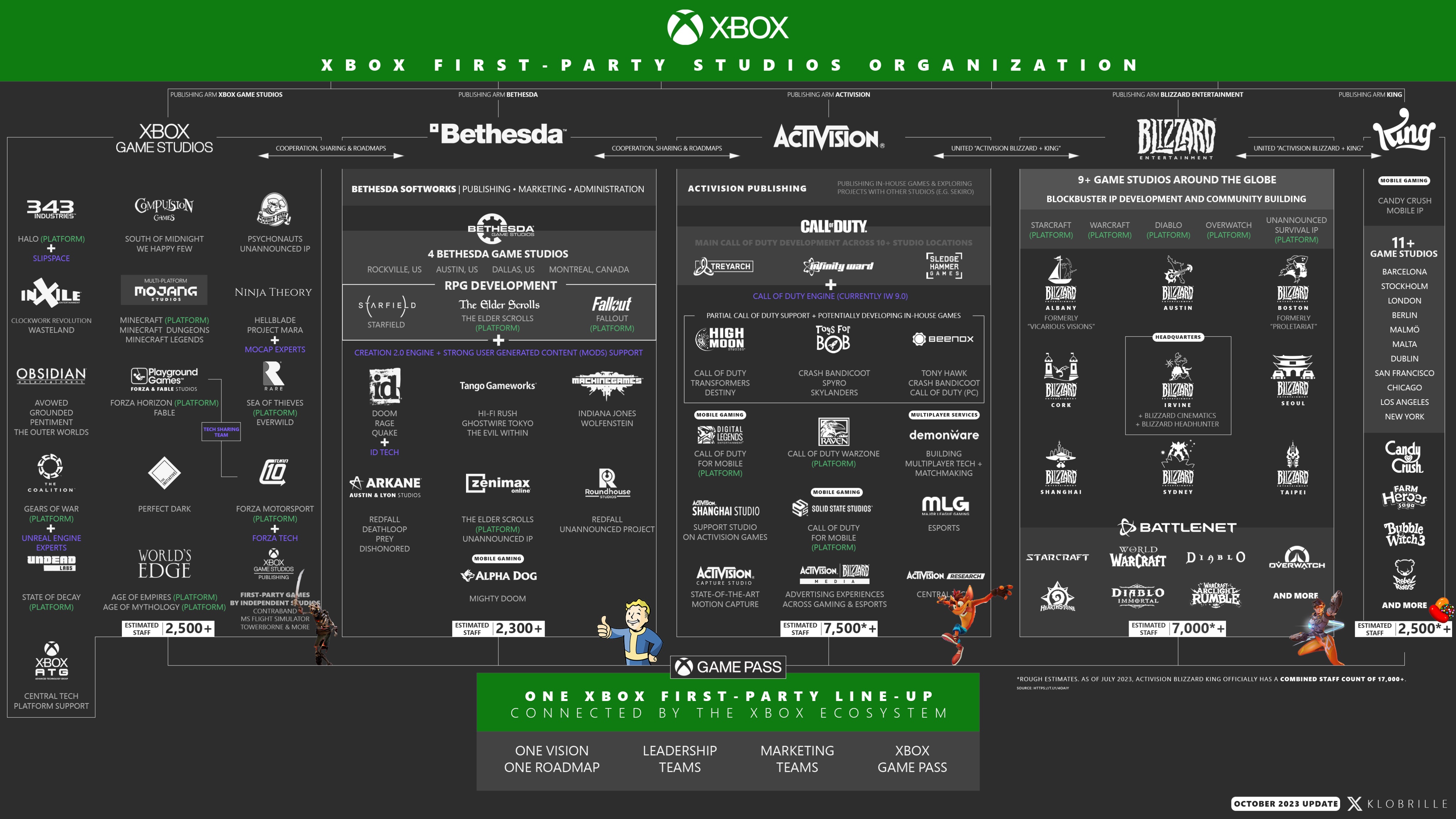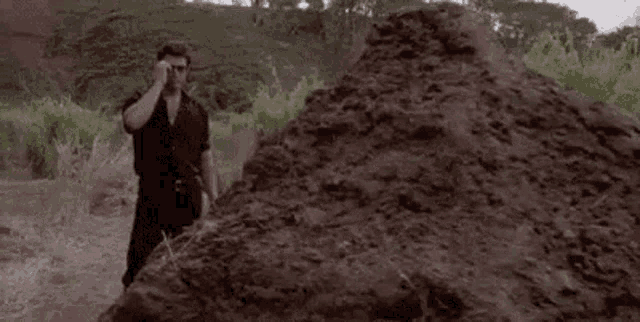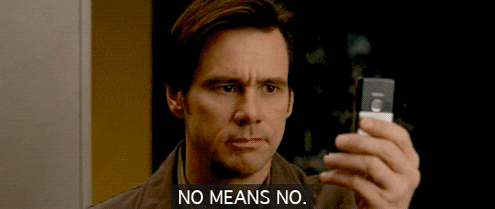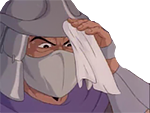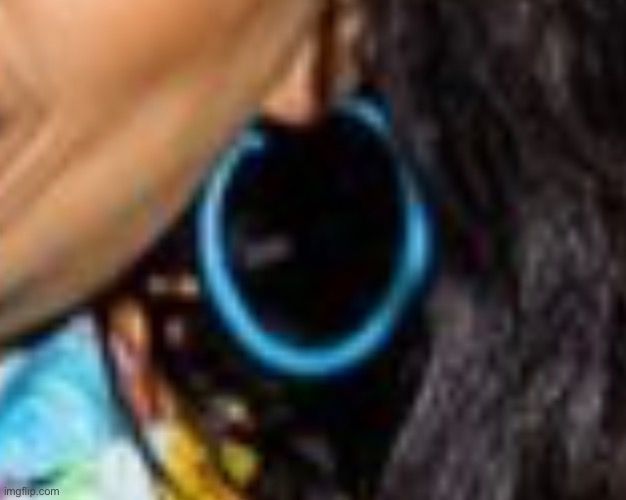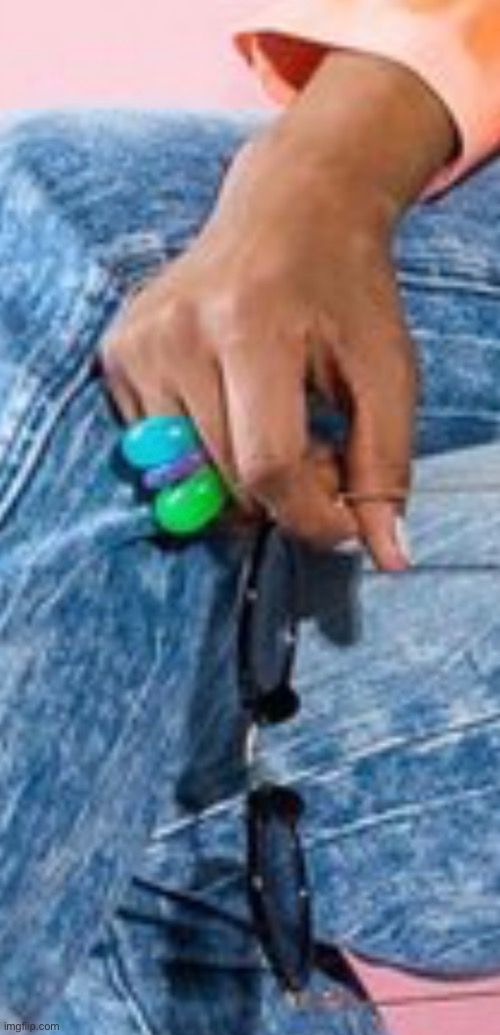As mentioned elsewhere in the book, Bill Gates was always my hero and
the person I most wanted to emulate.
As with Jeff Bezos, if we bumped into each other on a Seattle street I’m sure
he wouldn’t recognize me. But, back in the day, we ran into each other a
few times.
The first time we met was at a San Francisco press conference when Microsoft was launching Windows as a replacement for MS-DOS, a prehistoric
text-based operating system. I was there to take a look at Windows and try
to decide how Sierra was going to adapt our products to it
Bill Gates was there in the flesh and after making the announcement was
quickly surrounded by reporters eagerly asking questions.
I had a long series of questions about Windows that had not been answered
during the presentation and I didn’t want to return to Oakhurst without
answers. I walked over to the circle of reporters seeking anyone with a
Micosoft badge. I found someone and asked, “Is there anyone here who is
a techie? I have questions.” Bill himself shouted to me from where he was
trapped with all the reporters, “I can help you.” He looked very relieved to
have an excuse to escape the reporters and we stepped outside the room
where Bill proceeded to answer every question I could throw his direction.
I had always thought he was a genius, but now I had proof.
Our next meeting was at a hotel in San Francisco where we were negotiating Microsoft’s possible purchase of The Sierra Network. I talk about that
in detail in another chapter, but I’ll talk about a couple memories from our
meeting here.
At one point I asked Bill directly why he wouldn’t acquire all of Sierra. I
didn’t really want to be acquired but Microsoft wasn’t in the game business, and it seemed to me a natural category for them. Bill thought for a minute about his response and said that he really didn’t like the games
segment. It was too hit oriented. He cited the example of United Artists, a
legendary film company, who was going through disastrous times. Bill said
that when you are in a business that depends entirely on having a series of
hits, it just a matter of time until you fail. You can’t ship hits forever and
sooner or later revenues will collapse. The industry is too volatile.
This made sense, and I often cited this conversation as part of why I was
so insistent on diversifying Sierra out of “just games.” I wanted to get
to a position where our revenues were diversified across entertainment,
education and productivity software. I saw it as our best hope for corporate
immortality.
After our meeting, there was an incident I found funny. We met for several
hours, with just the two of us, in a large meeting room at a hotel in San
Francisco. As we were breaking up a hotel employee suddenly came into
the room. “Who is Mr. Bill Gates?,” he asked. I was astounded that there was
someone who didn’t recognize The Bill Gates. “Why?,” asked Bill. “I have
the bill for the food and drinks,” came the reply. “What food and drinks?,”
asked Bill. The waiter pointed at some stale pastries sitting at the back of
the room and a bowl of melted ice with some soft drinks floating in it. We
had never noticed it. Bill was indignant and thought it was ridiculous. The
hotel wanted $42 for service we hadn’t ordered and didn’t use. He refused
to pay. The waiter was persistent, and was threatening to go seek his boss.
I offered to pay. This got Bill to agree to pay, and he offered his credit card.
I thought it was bizarre that we had been discussing tens of millions of
dollars, and then the meeting ended in debate over a $42 bar tab.
Our last encounter came when I tried to buy Microsoft Flight Simulator directly
from the author, Bruce Artwick. I negotiated a good price. I forget the details,
but recall it as $50 million. The problem was that Microsoft had the exclusive publishing rights and was paying a royalty to Bruce Artwick. My feeling
was that this was fine. I was happy to take the royalties being paid to Bruce
Artwick and continue using Microsoft as the publisher. The income from
Microsoft would be pure profit and fall straight to Sierra’s bottom line.
I met with the marketing department at Microsoft headquarters to discuss
the pending acquisition, and to my enormous surprise Bill himself came
into the meeting. I had considered this to be many notches below his level
and an infinitesimal piece of Microsoft’s revenue. I explained my plan
to acquire Microsoft Flight Simulator and gave my pledge that Sierra would honor the Microsoft publishing agreement. I meant it. Bill sat quietly as
Microsoft’s team asked what I foresaw when the agreement would come
up for renewal. I said that I respected Microsoft and that, as proud as I was
of Sierra’s distribution ability, I felt Microsoft had us beat. I was happy to
work with Microsoft and wanted to see the relationship continue.
Bill was not happy. He pointed out that he felt Microsoft would not want to
publish a Sierra product and would have to ask whether or not they should
continue to push Flight Simulator if Sierra were to acquire the product
from Bruce Artwick. I was shell-shocked. It had never occurred to me that
Microsoft would blow up what I thought was a done-deal. The meeting
ended poorly. I was sure Gates was bluffing and that Microsoft would not
stop selling Flight Simulator. He obviously had some personal interest in
the product. It can’t have been a material part of Microsoft’s revenue and
I wasn’t planning to do anything other than to continue evolving the
product with Microsoft still selling it.
I called for a Sierra board meeting and argued that we proceed with the
purchase. The board wasn’t going for it. It was simply too much money.
Microsoft held the exclusive rights to market the product and if they were
to quit marketing the product, we’d have spent $50 million on nothing.
That would be a tough one to explain to Sierra’s shareholders!
Microsoft went on to purchase Flight Simulator for themselves.







![Glory to Codexia! [2012] Codex 2012](/forums/smiles/campaign_tags/campaign_slushfund2012.png)










